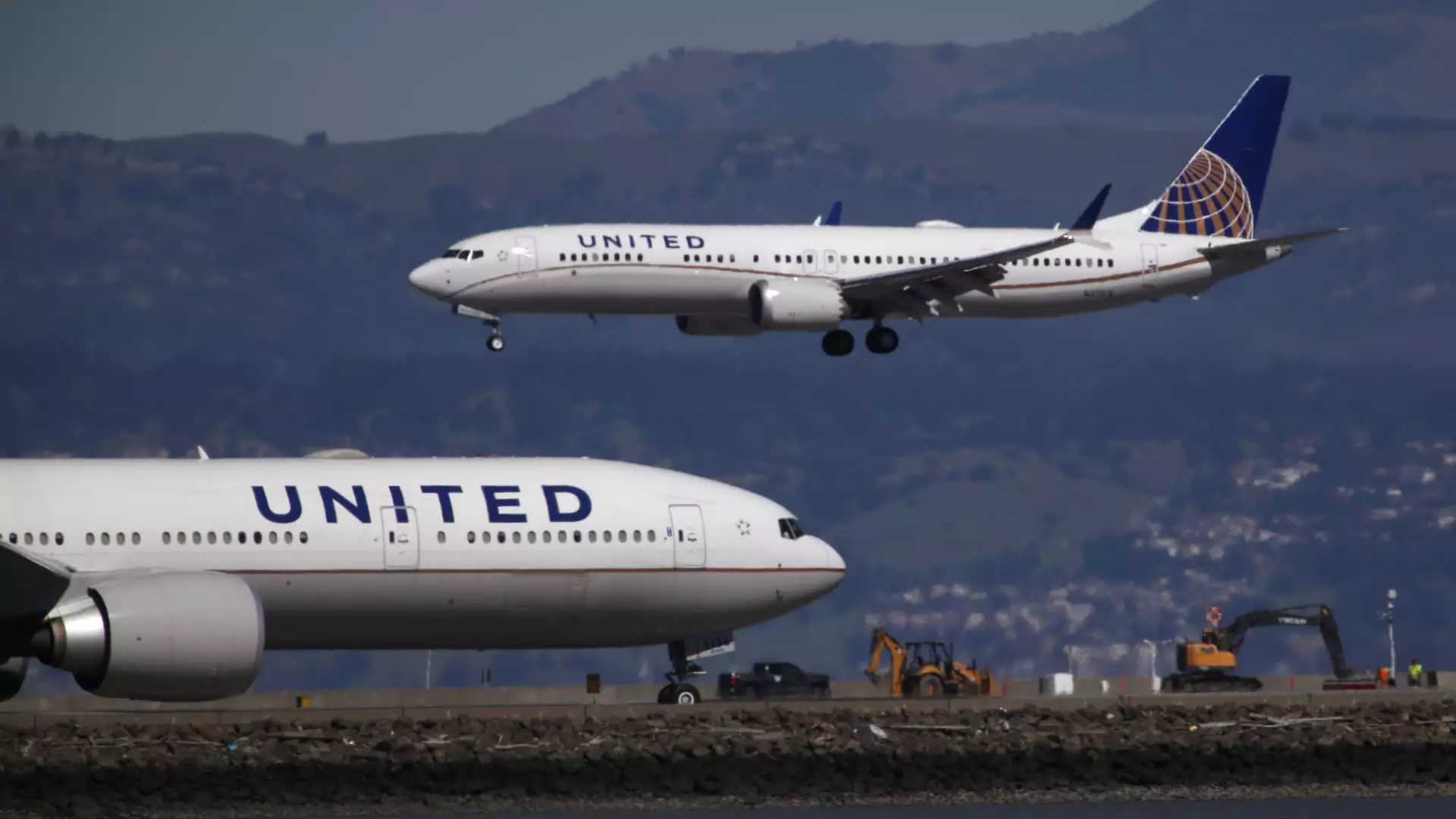United Airlines recently announced a decrease in its aircraft-delivery expectations for the year due to delays from Boeing. The airline had initially anticipated receiving 101 new narrow-body planes, but has now adjusted that number to 61. This decision comes as a result of the challenges posed by Boeing’s safety crisis, which has impacted the manufacturer’s production capabilities.
In light of the current circumstances, United Airlines has decided to alter its fleet plan to align with the reality of the situation. CEO Scott Kirby stated that the company will use the available planes to strategically grow its mid-continent hubs and enhance its international network. This adjustment includes leasing 35 Airbus A321neos in 2026 and 2027, marking a shift towards Boeing’s competitor for new aircraft acquisitions.
Financial Implications
The airline has also revised its annual capital expenditure estimate from about $9 billion to $6.5 billion to accommodate the changes in its fleet plan. Despite these modifications, United Airlines reported a net loss of $124 million in the first quarter, largely attributed to a $200 million impact from the temporary grounding of the Boeing 737 Max 9. This grounding followed a safety incident during an Alaska Airlines flight, prompting additional scrutiny on Boeing’s operations.
Looking ahead, United Airlines anticipates earnings of between $3.75 and $4.25 in the second quarter, surpassing analysts’ expectations. The airline traditionally generates the majority of its profits during the second and third quarters, which coincide with peak travel seasons. United also reiterated its full-year earnings forecast of between $9 and $11 per share, demonstrating confidence in its ability to navigate through the current challenges.
United Airlines is currently undergoing a Federal Aviation Administration safety review, which has necessitated the postponement of some of its planned services. The carrier acknowledges the importance of prioritizing safety protocols and ensuring compliance with regulatory requirements. This commitment to safety has also led to the postponement of the airline’s investor day, as the focus remains on addressing the ongoing safety concerns.
Following the announcement of its adjusted aircraft-delivery expectations and financial results, United Airlines experienced a positive reaction in the market. The airline’s shares surged by more than 4% in after-hours trading, reflecting investor confidence in the company’s ability to manage the challenges posed by the Boeing delays. United executives are scheduled to discuss the company’s performance with analysts in an upcoming call, providing further insights into its strategies and outlook for the future.
Overall, the adjustments made by United Airlines in response to the Boeing delays demonstrate the airline’s flexibility and resilience in navigating through unforeseen challenges. By reevaluating its fleet plan, revising financial projections, and prioritizing safety and compliance, United is taking proactive steps to mitigate the impact of the current crisis and position itself for sustainable growth in the long term.

